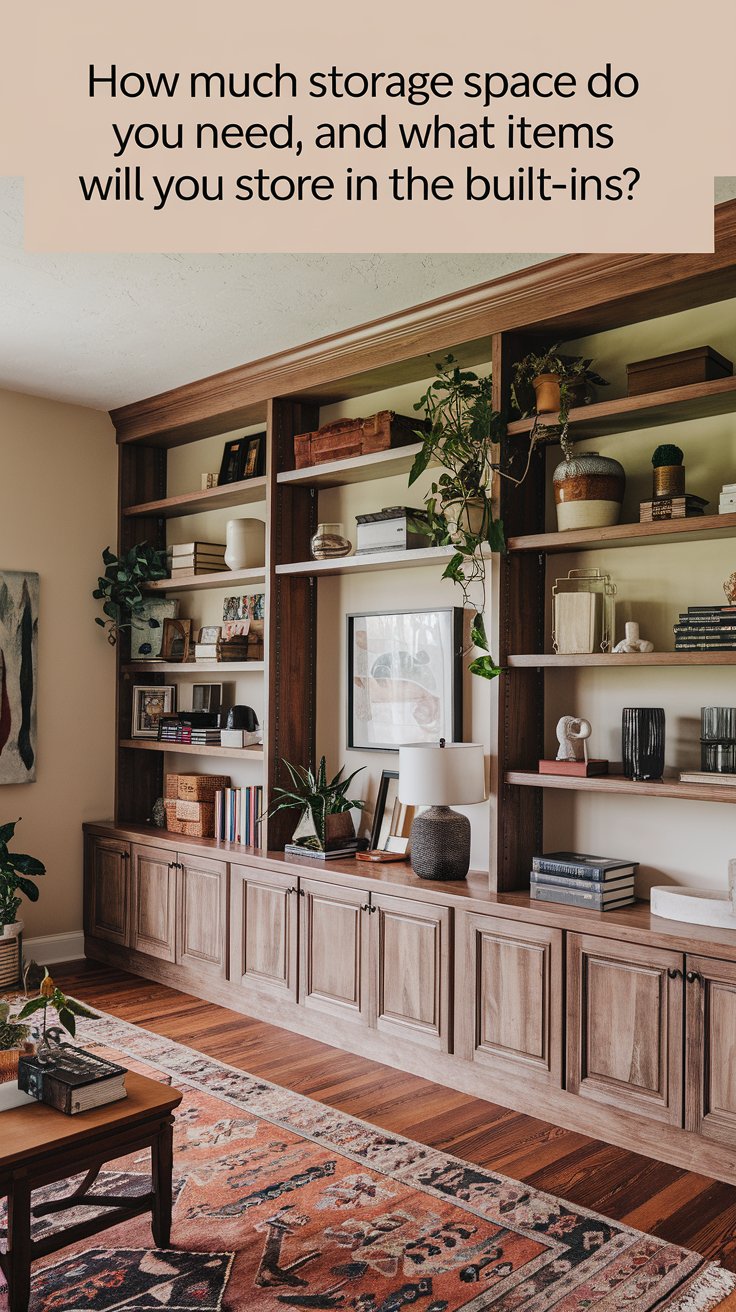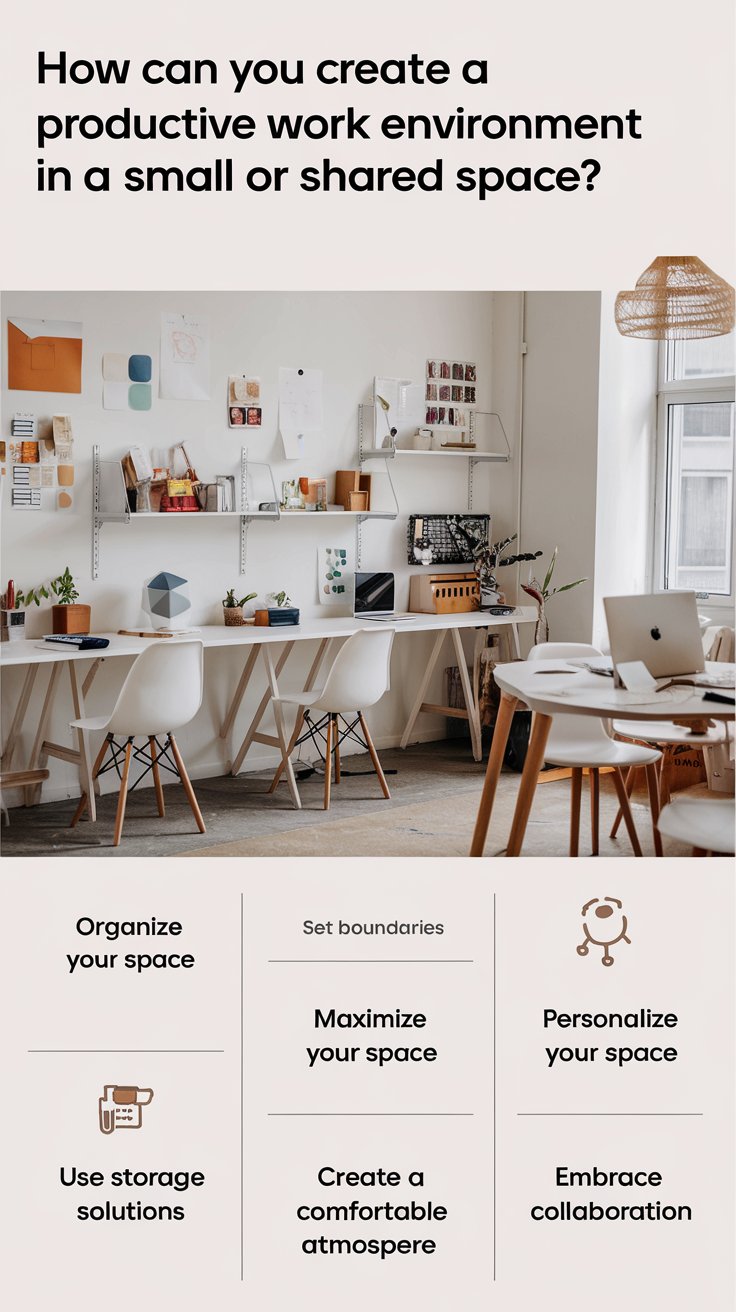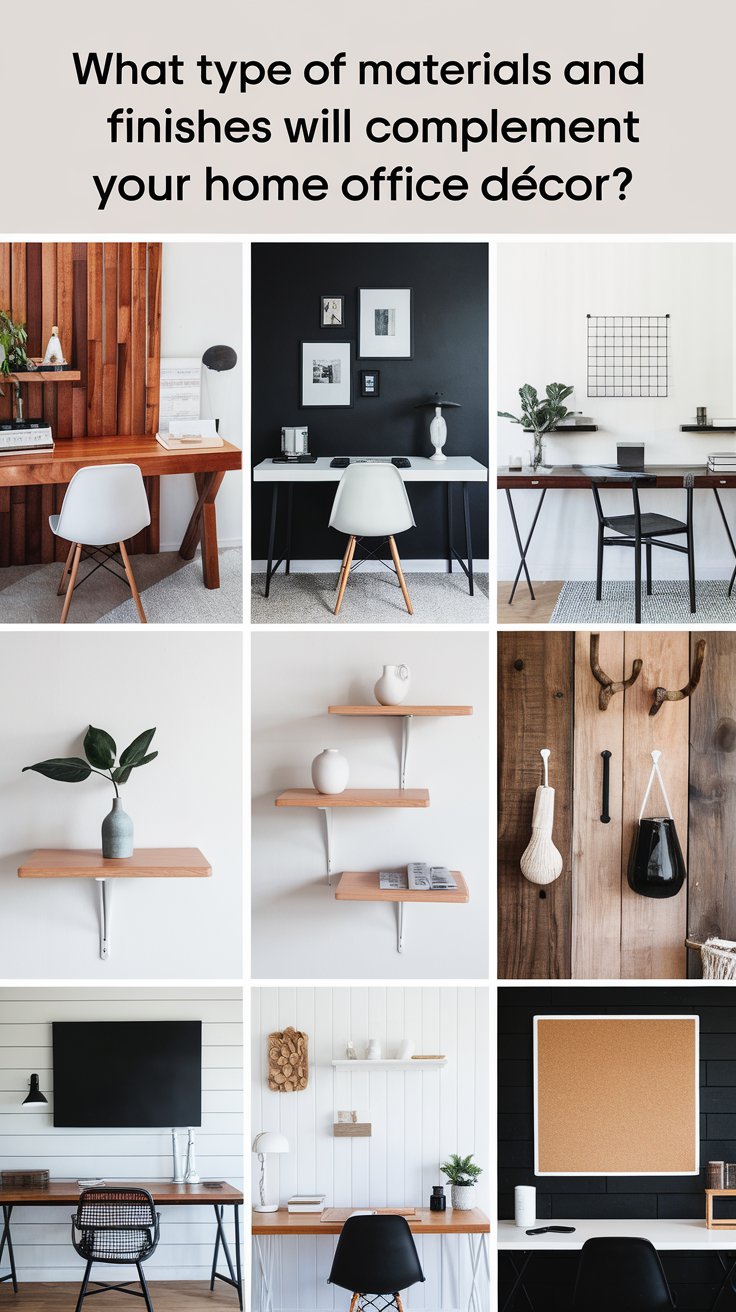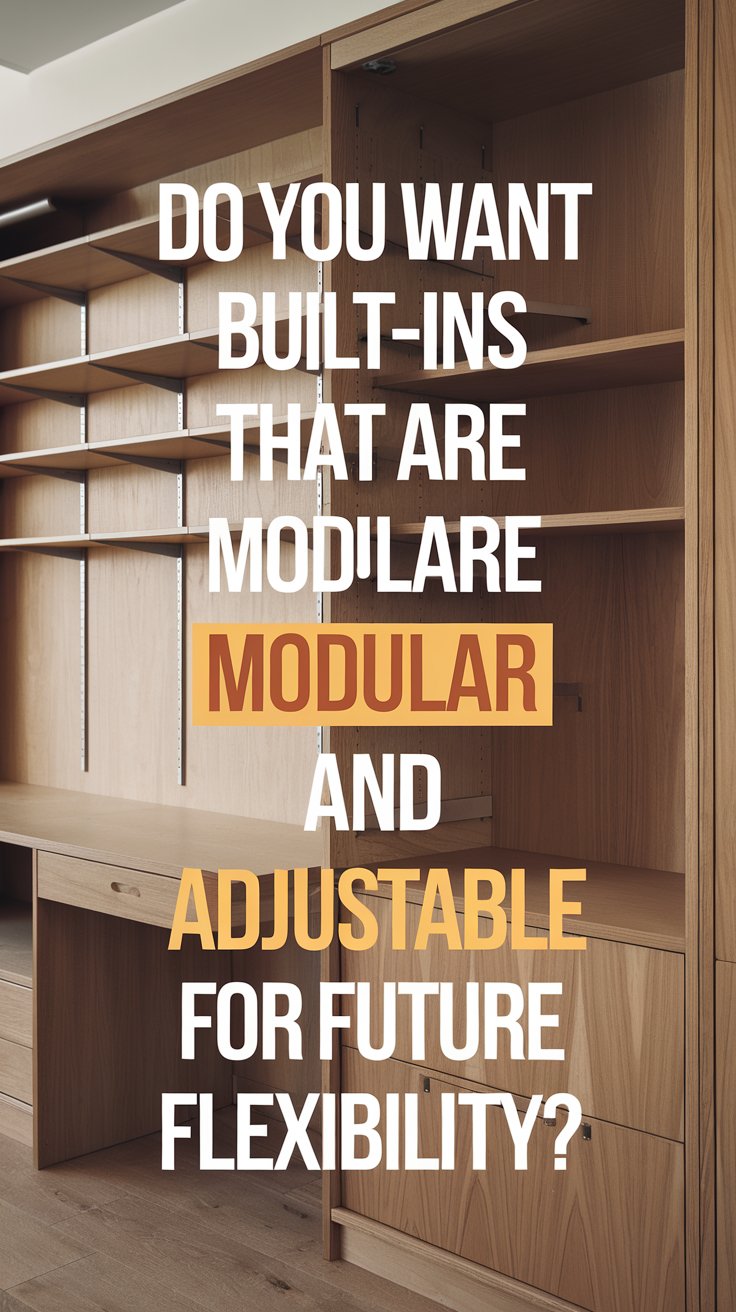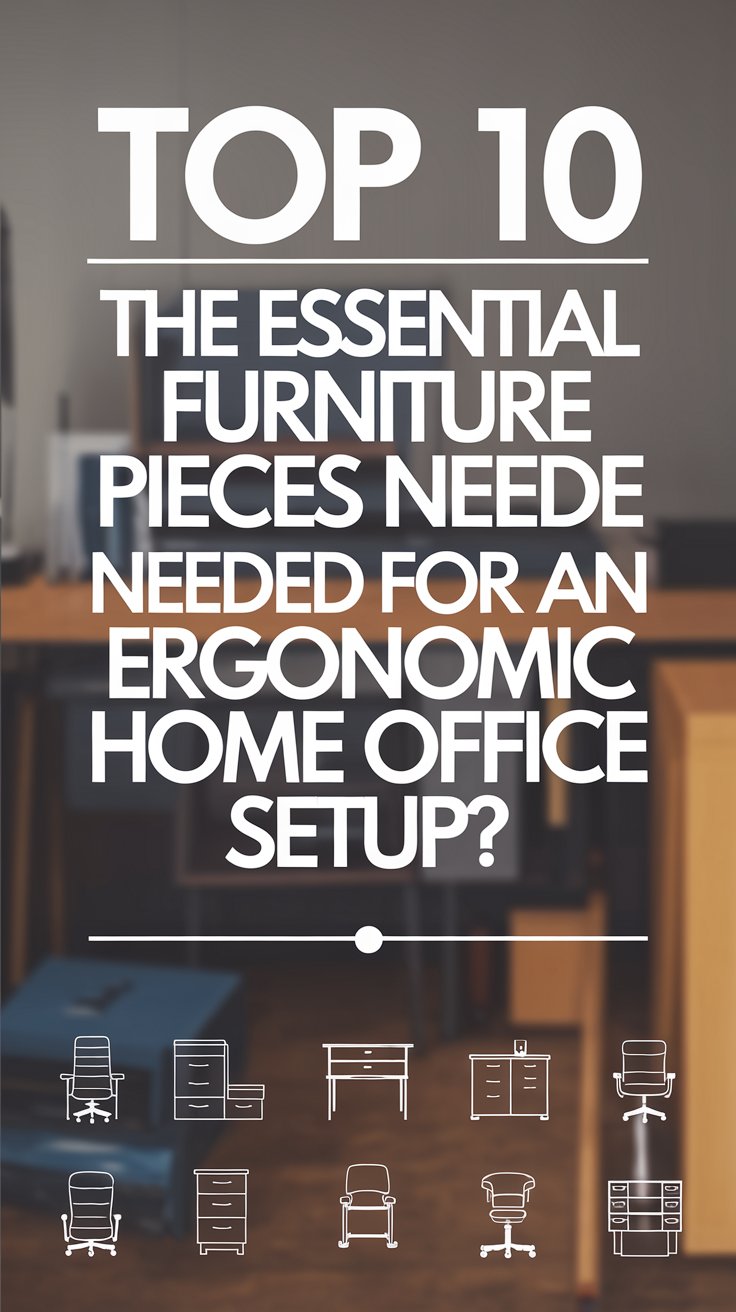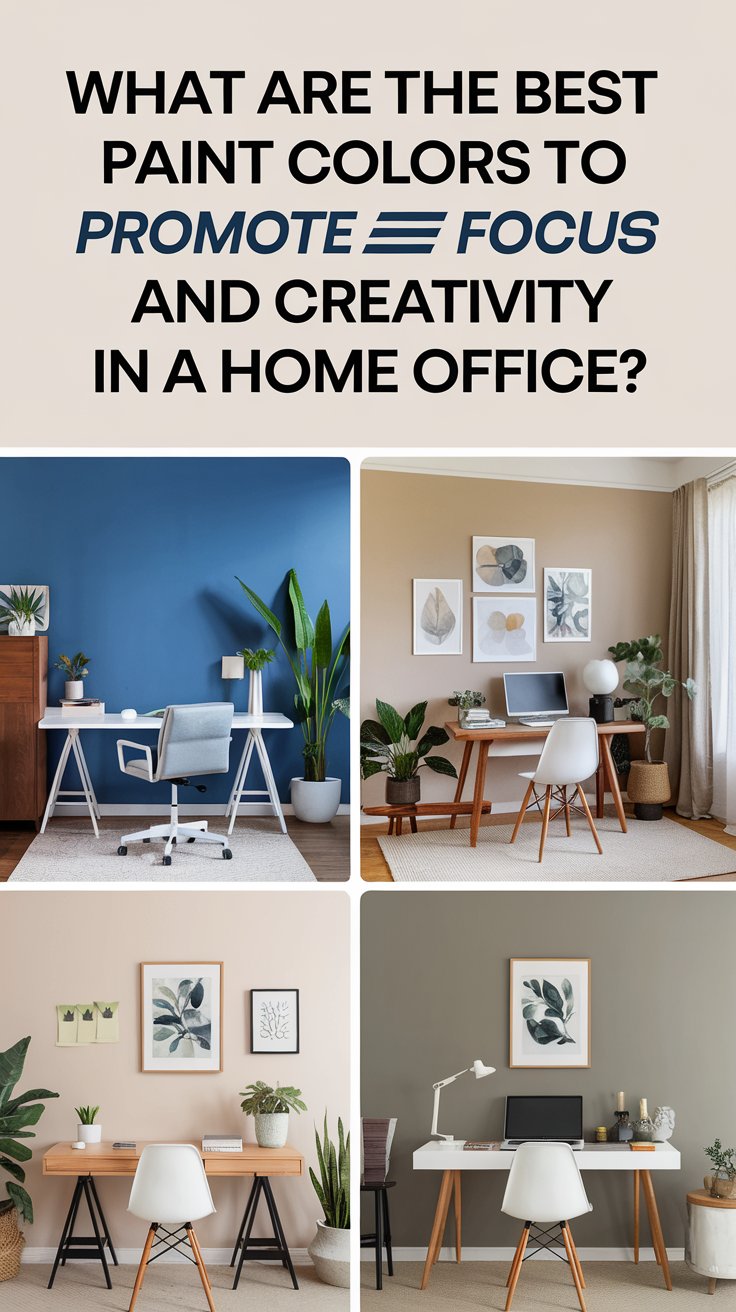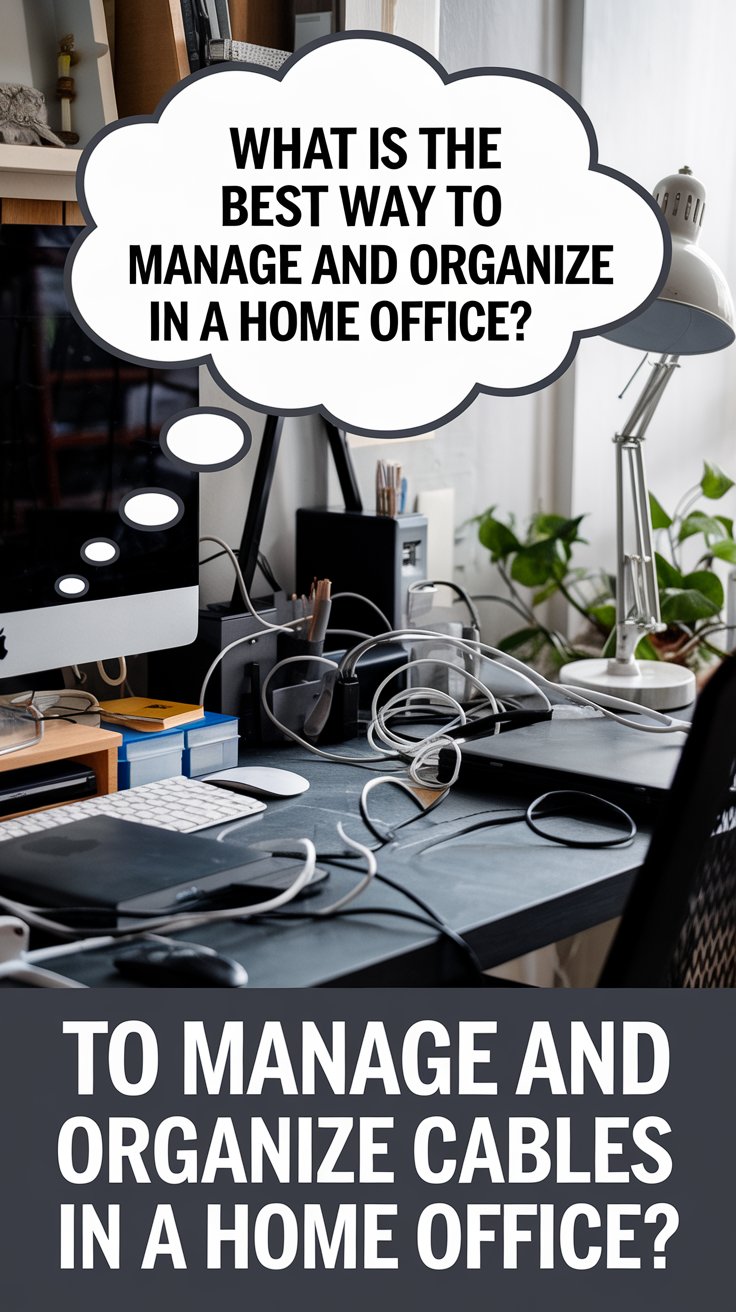Storage is a fundamental aspect of any well-organized home. Built-in storage solutions not only optimize space but also enhance the aesthetic appeal of a room. However, before diving into designs and installations, it’s essential to assess your storage needs and determine what items you’ll store. Here’s a detailed guide to help you plan your built-in storage effectively.
1. Assessing Your Storage Needs
A. Evaluate Your Current Storage
- Declutter First: Go through your belongings and declutter before deciding on storage requirements. Donate or discard items you no longer need.
- Take Inventory: List the items you plan to store. Categorize them by type—books, clothing, kitchenware, or decor.
- Measure Existing Storage: Assess how much space your current storage solutions occupy and whether they’re sufficient.
B. Consider Future Storage Needs
- Growing Families: Account for additional storage requirements as your family grows.
- Hobbies and Interests: Think about storage for hobby-related items, such as crafting supplies, sports equipment, or tools.
- Seasonal Items: Include space for storing seasonal decorations, winter clothing, or summer gear.
C. Room-Specific Requirements
- Living Room: Books, media, decor, and electronics.
- Kitchen: Utensils, appliances, pantry items, and tableware.
- Bedroom: Clothing, shoes, accessories, and linens.
- Bathroom: Toiletries, towels, and cleaning supplies.
- Garage or Basement: Tools, outdoor equipment, and storage bins.
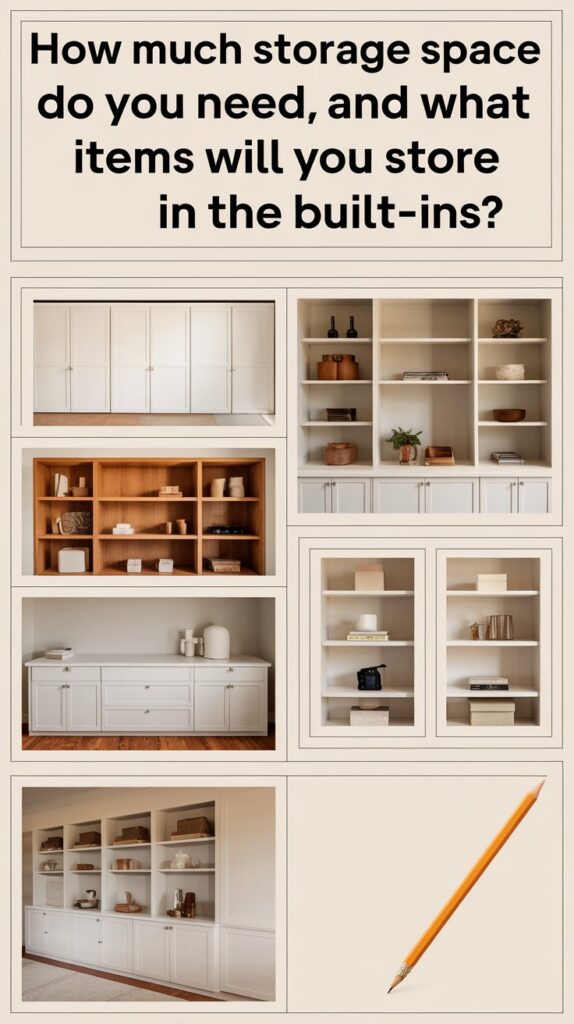
2. Types of Built-In Storage
A. Shelving
- Ideal for books, decor, and lightweight items.
- Options include open shelves, adjustable shelves, and floating designs.
B. Cabinets
- Perfect for concealing clutter and bulky items.
- Choose from custom cabinetry or modular units.
C. Closets
- Customizable with rods, drawers, and shelves.
- Great for bedrooms, entryways, and laundry rooms.
D. Drawers
- Useful for organizing smaller items like accessories, utensils, and office supplies.
E. Multipurpose Furniture
- Consider furniture with built-in storage, such as ottomans, beds, or benches.
3. Determining How Much Space You Need
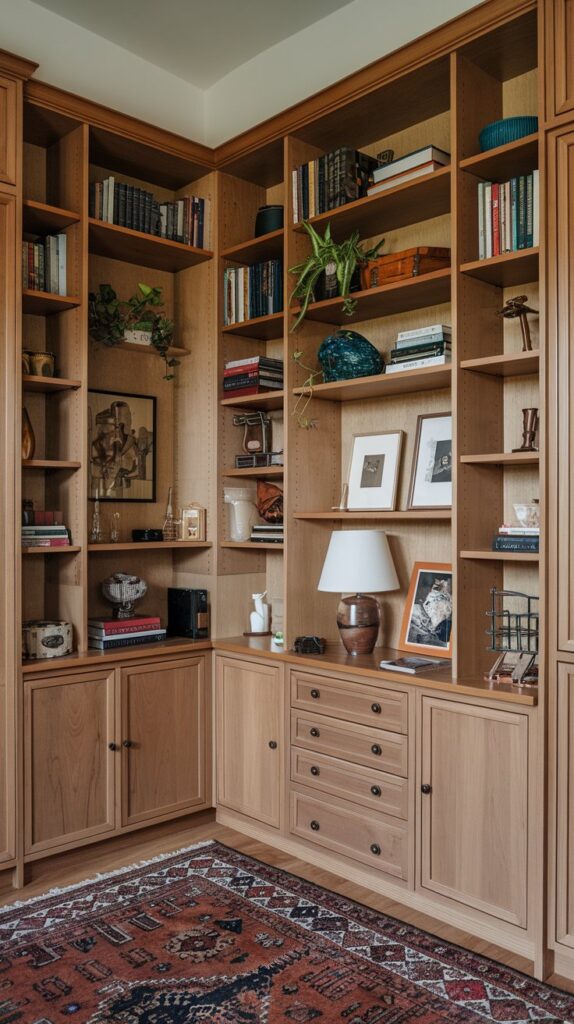
A. Use a Measuring System
- Calculate Item Dimensions: Measure the length, width, and height of the items you intend to store.
- Group Similar Items: Categorize items by size and storage type.
- Account for Accessibility: Leave enough space for easy retrieval.
B. Plan for Overflow
- Add 10–15% extra storage capacity for future needs.
- Factor in room for growth, such as adding new books to a library.
C. Optimize Vertical Space
- Utilize walls from floor to ceiling.
- Install pull-down systems for hard-to-reach areas.
4. What Items Will You Store?
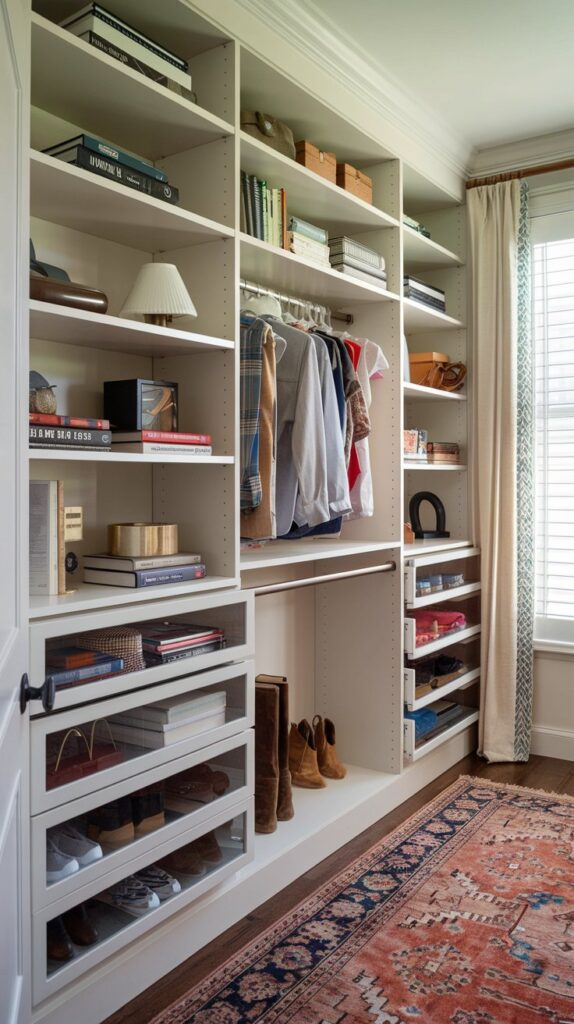
A. Room-Specific Storage Examples
- Living Room: Books, photo albums, remote controls, gaming consoles, and decor.
- Kitchen: Pots, pans, utensils, pantry goods, and small appliances.
- Bedroom: Clothing, shoes, jewelry, and linens.
- Bathroom: Towels, toiletries, cleaning supplies, and first aid kits.
- Garage: Tools, gardening supplies, sports equipment, and seasonal items.
B. Organizing by Priority
- Store frequently used items within easy reach.
- Place seasonal or rarely used items in less accessible spaces.
5. Design Tips for Built-Ins
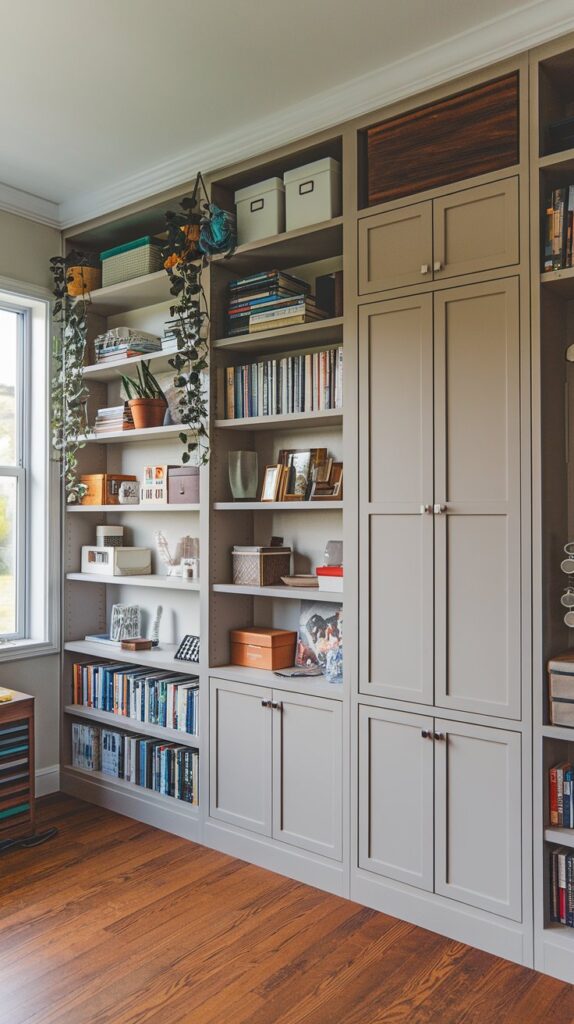
A. Match Your Home’s Style
- Choose finishes, materials, and hardware that complement your decor.
B. Consider Functionality
- Incorporate features like pull-out trays, lazy Susans, or adjustable shelving.
C. Maximize Space
- Use corners and underutilized areas effectively.
- Opt for built-ins with dual purposes, such as a window seat with storage.
D. Add Personal Touches
- Use custom designs to fit unique items, such as wine collections or art supplies.
6. Budgeting for Built-In Storage
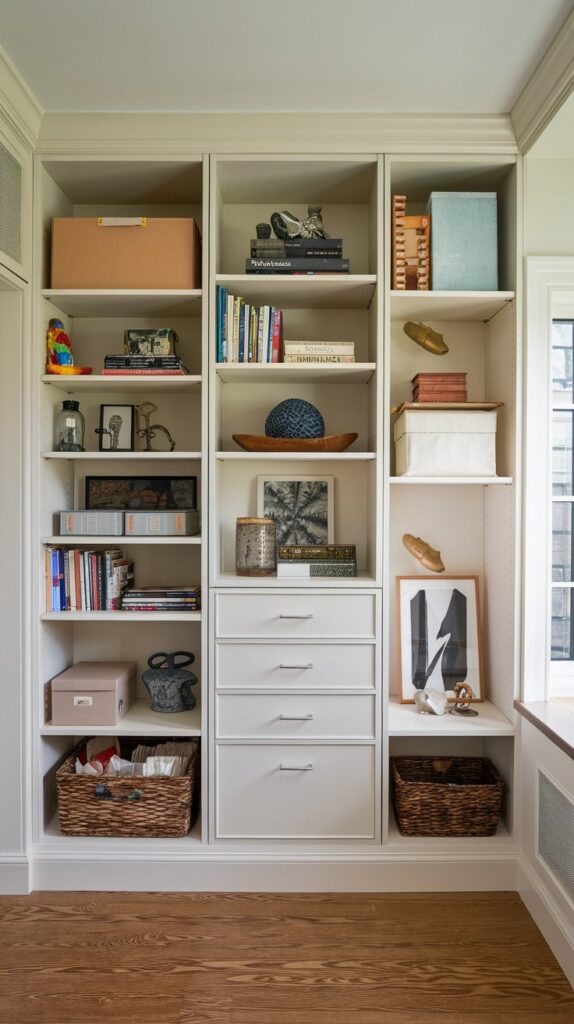
A. Costs to Consider
- Materials: Wood, MDF, laminate, or metal.
- Labor: Custom installations often require professional help.
- Add-ons: Lighting, hardware, or paint finishes.
B. Prioritize Needs
- Focus on the most critical storage areas first.
- Upgrade additional spaces over time.
7. Maintenance and Upkeep

A. Cleaning Tips
- Dust shelves regularly.
- Wipe down cabinets and drawers with appropriate cleaners.
B. Reassess Annually
- Declutter and reorganize once a year to keep storage efficient.
8. Built-In Storage Trends

A. Minimalist Design
- Clean lines, neutral colors, and hidden compartments.
B. Smart Features
- Integrated charging stations, LED lighting, and sensor-activated doors.
C. Eco-Friendly Materials
- Sustainable woods and recycled materials.
Conclusion
Determining how much storage space you need and what items to store in built-ins is a thoughtful process. By evaluating your current and future storage requirements, choosing the right built-in options, and organizing effectively, you can create a functional and visually appealing home. Start planning today, and transform your space into an organized haven!

